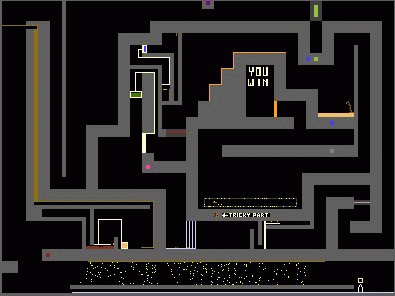

Combining critical theory with a rigorous reading of medieval texts, Cohen asks if the category “human” isn’t too small to contain the multiplicity of identities. Cohen examines the messiness, permeability, and perversity of medieval bodies, arguing that human identity always exceeds the limits of the flesh. Try to keep your blood pressure and cholesterol levels under control.In Medieval Identity Machines, Jeffrey J. If medication is causing palpitations, ask your doctor if there are any alternatives. If youâre anxious or stressed, try relaxation exercises, deep breathing, yoga, or tai chi. You can do this by keeping a log of your activities, as well as the foods and beverages you eat and noting when you get palpitations. Try to identify your triggers so that you can avoid them. Some ways by which you can keep palpitations under control are: I would advise you to visit the ER so that you can be evaluated and undergo the necessary investigations to find the underlying cause and have it treated accordingly. Treatment depends on the cause of your palpitations. Most heart palpitations are harmless, but they can indicate you have an illness when you also have: arrhythmia, or an irregular heart rhythm illegal drugs, such as amphetamines and cocaine medications, herbal supplements, and nutritional supplements, prescription medications, including beta-blockers, asthma inhalers, and decongestants over-the-counter (OTC) medications, including cold and cough low levels of oxygen or carbon dioxide in the blood nicotine from tobacco products such as cigarettes and cigars Possible causes of heart palpitations include: You may notice heart palpitations in your chest, throat, or neck. Your heart is beating too hard or too fast or fluttering. A heart palpitation is the sensation that your heart has skipped a beat, added an extra beat, feel Your symptoms are suggestive of it being palpitation. Please do share your feedback on the below link. Copy the link address to your browserĤ) Difference between heart attack and heart blocks vs heart failureĭon't forget to share and subscribe the channel - Dr.

Watch these simple explanatory videos for underlying the problem. Once you have done that Get back to me with the reports for a detailed consultation. Also you need to get a complete lipid profile done as well as a echocardiogram and blood sugar and thyroid levels to look for risk factors. Or it can be an early sign of impending heart disease.īut to diagnose it you need to get an ECG done while you are having the rhythm problem or you can get holter monitoring for 24 hours during which if you have this episode it will get registered and documented. You need to get yourself checked what you may be having is intermittent tachycardia / arrhythmia which means that intermittently your heart rate increases or the heart Rhythm changes which can be dangerous if it does not get corrected on its own. Sensations representing an abnormal heart rhythm (arrhythmia) may be more serious. Palpitations are not serious most of the time. An occasional extra heartbeat is known as extrasystole. A heart rate slower than 60 is called bradycardia. If your heart rate is fast (over 100 beats per minute), this is called tachycardia. The rate may drop below 60 beats per minute in people who exercise routinely or take medicines that slow the heart. Normally the heart beats 60 to 100 times per minute. The heart's rhythm may be normal or abnormal when you have palpitations. You may Have an unpleasant awareness of your own heartbeat or may Feel like your heart skipped or stopped beats They can be felt in your chest, throat, or neck. Palpitations or increased heart beat are feelings or sensations that your heart is pounding or racing.


 0 kommentar(er)
0 kommentar(er)
